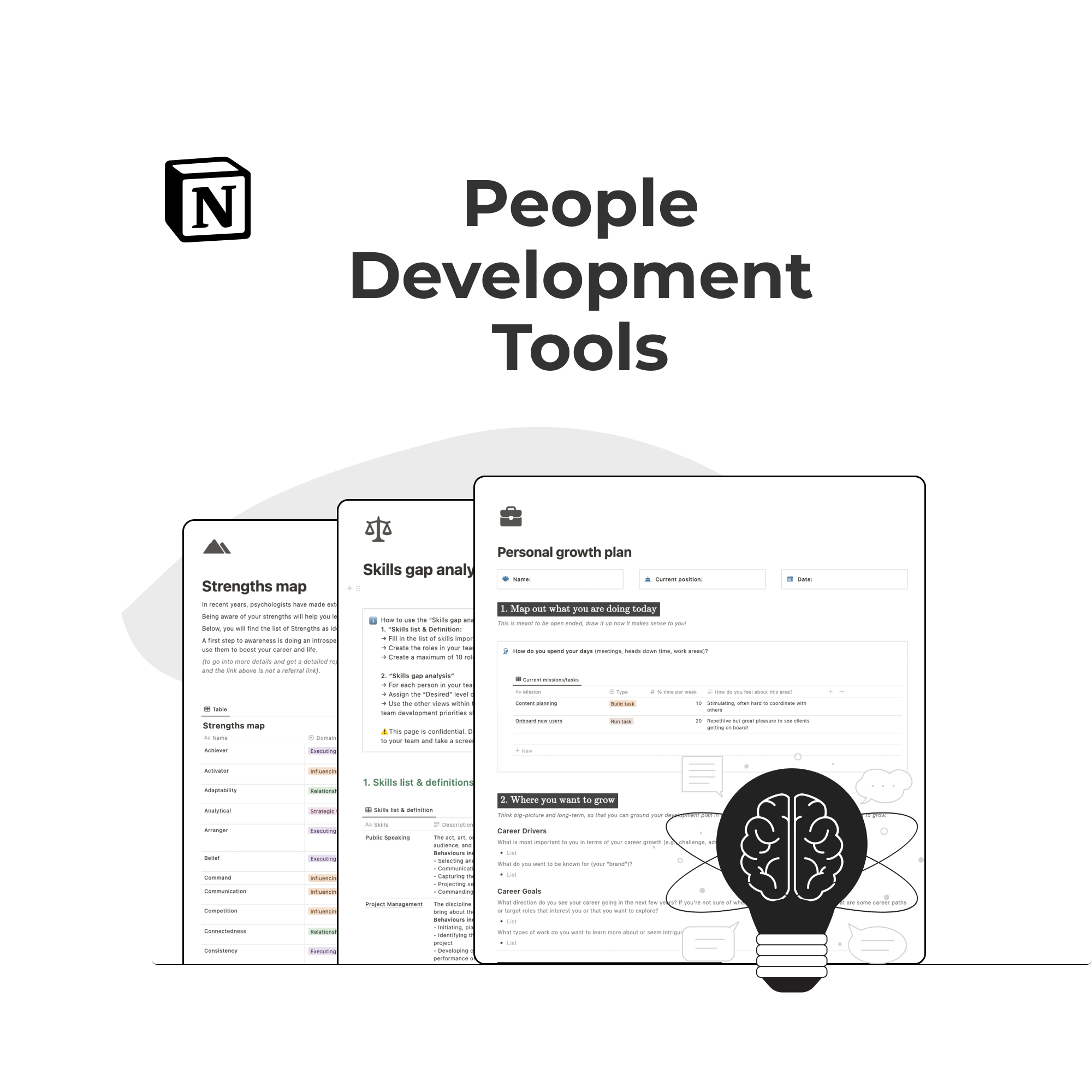Zone of proximal development
Management Framework
Leveraging Vygotsky’s zone of proximal development in management

Explained
Lev Vygotsky was a Soviet psychologist whose work in the early 20th century has had a profound impact on developmental psychology, particularly in the realm of education. His concept of the Zone of Proximal Development (ZPD) is a core tenet of his theory on learning and development.
Vygotsky introduced the ZPD as part of his broader sociocultural theory, which asserts that individual development (especially cognitive abilities) is fundamentally shaped by social interactions. The ZPD is defined as the difference between what a learner can do without help and what they can achieve with guidance and encouragement from a skilled partner.
How can we illustrate this? Imagine you’re teaching someone to cook. There are dishes they can make easily on their own, ones they can cook with your guidance, and those that are currently too complex. The zone of proximal development is like the recipes that are just a bit too hard to cook alone but manageable with your help. This is where the most effective learning and skill development occur, as you're pushing the boundaries of their abilities without stepping into the territory of the overly complex.
Quick tip
Start your next team meeting with a quick exercise: Ask each member to write down one task they want to master that is just outside their comfort zone. Then, work together to match each person with a resource or mentor that can help. This action not only promotes the model but also fosters a culture of continuous learning and peer support.





